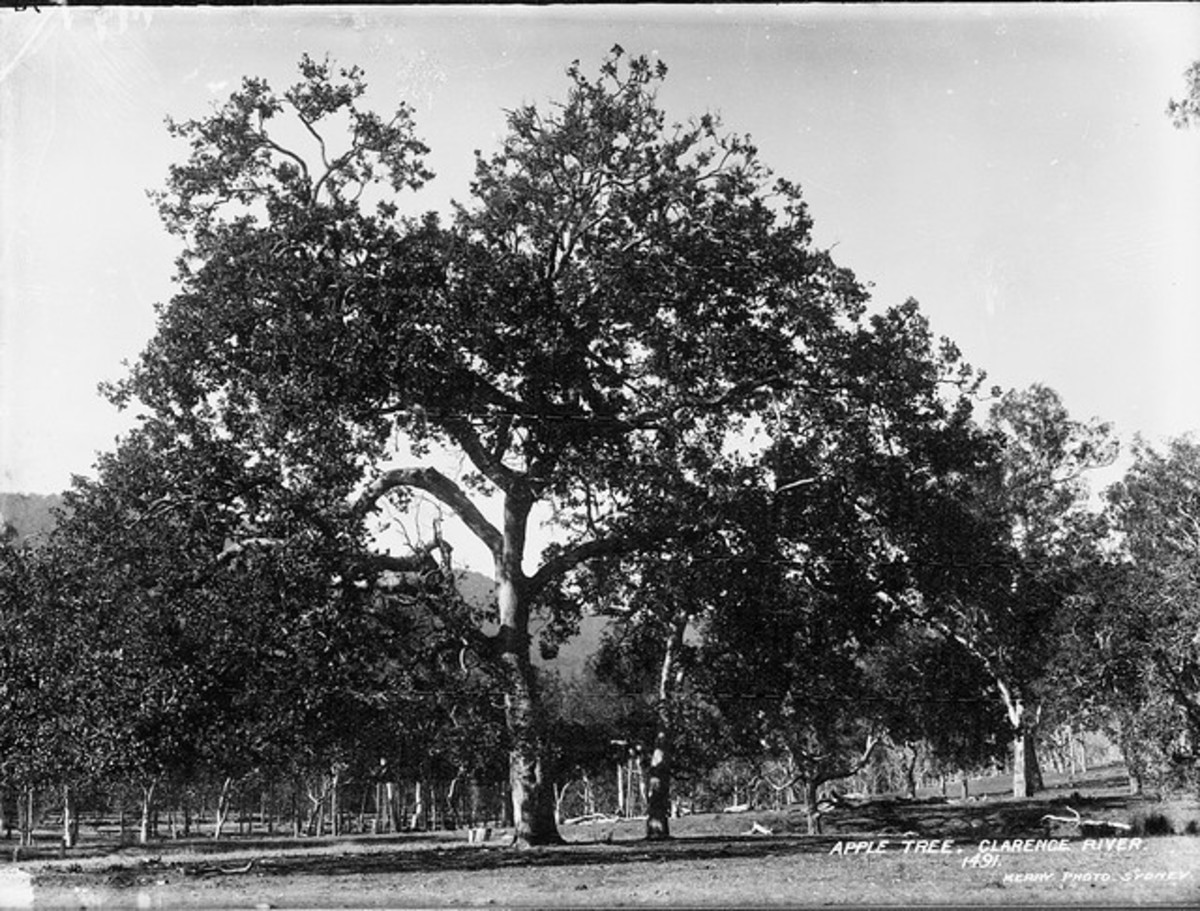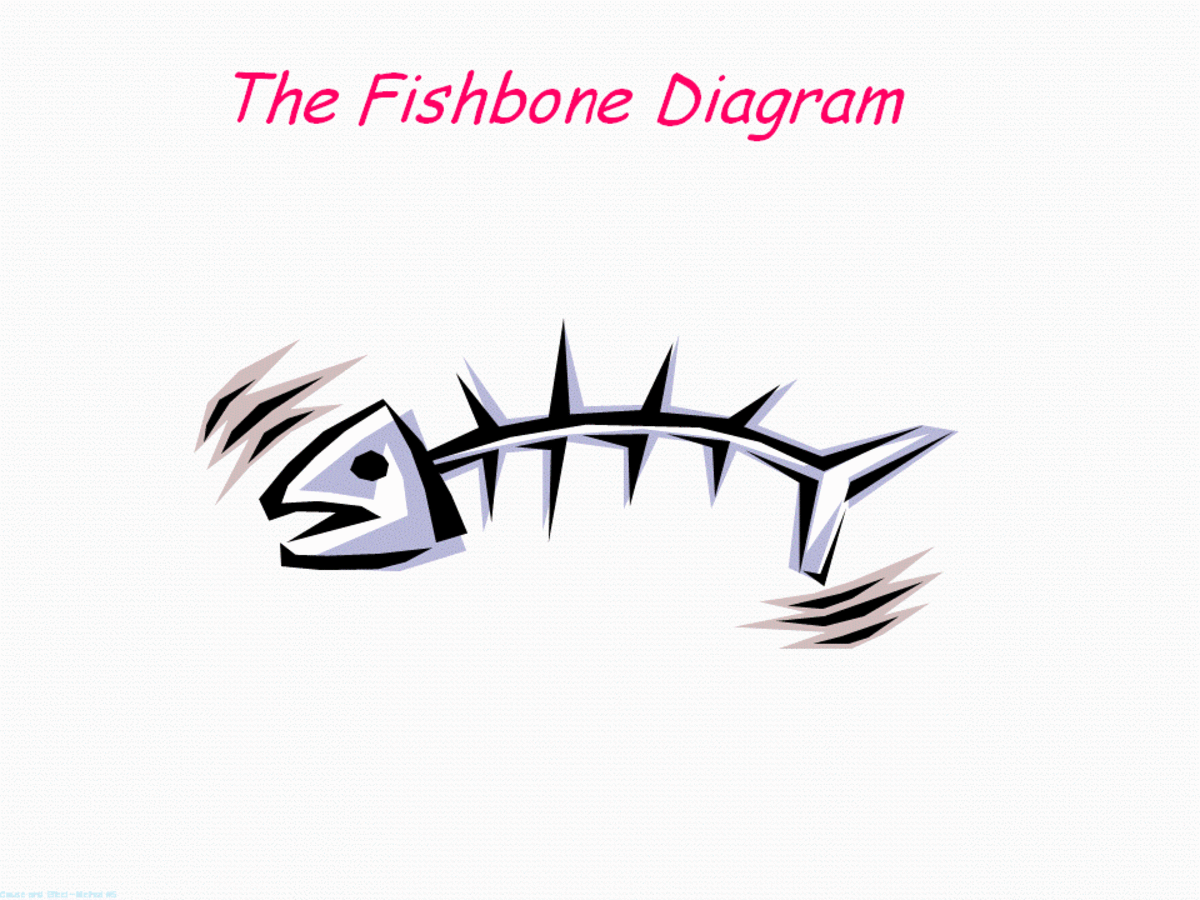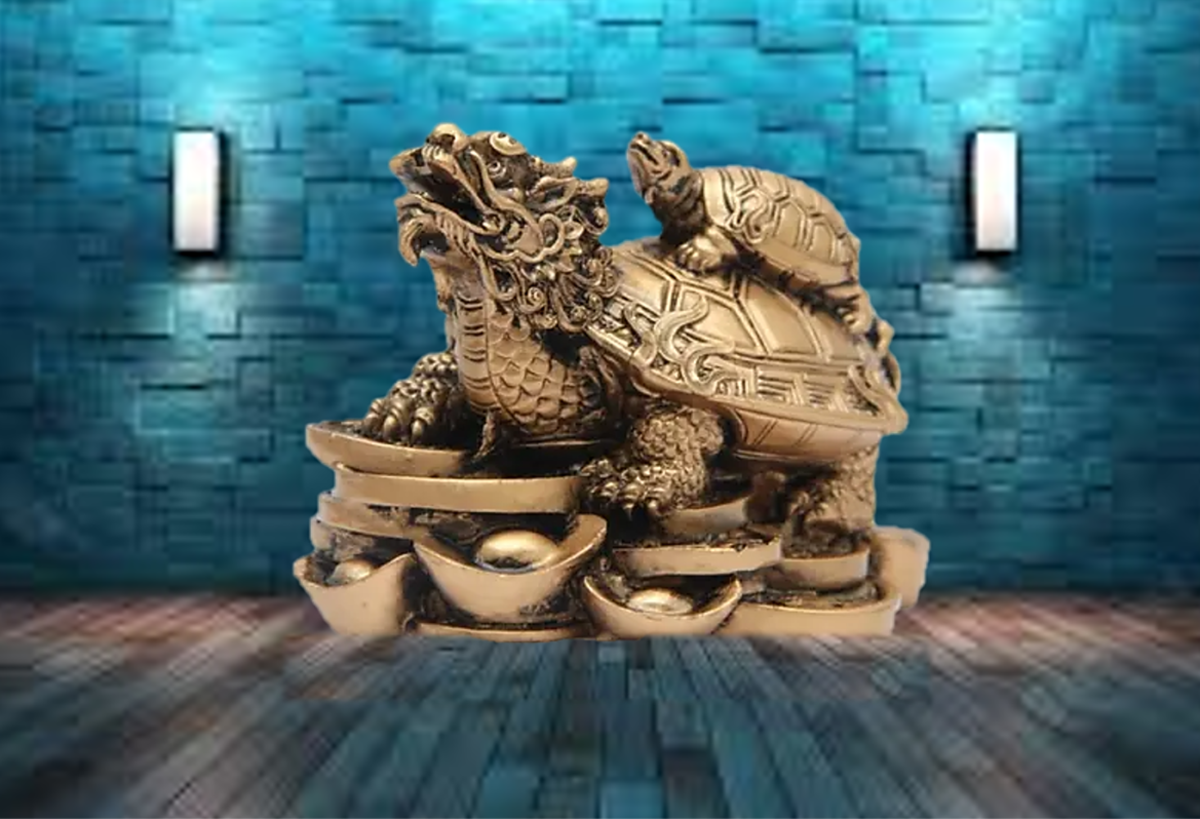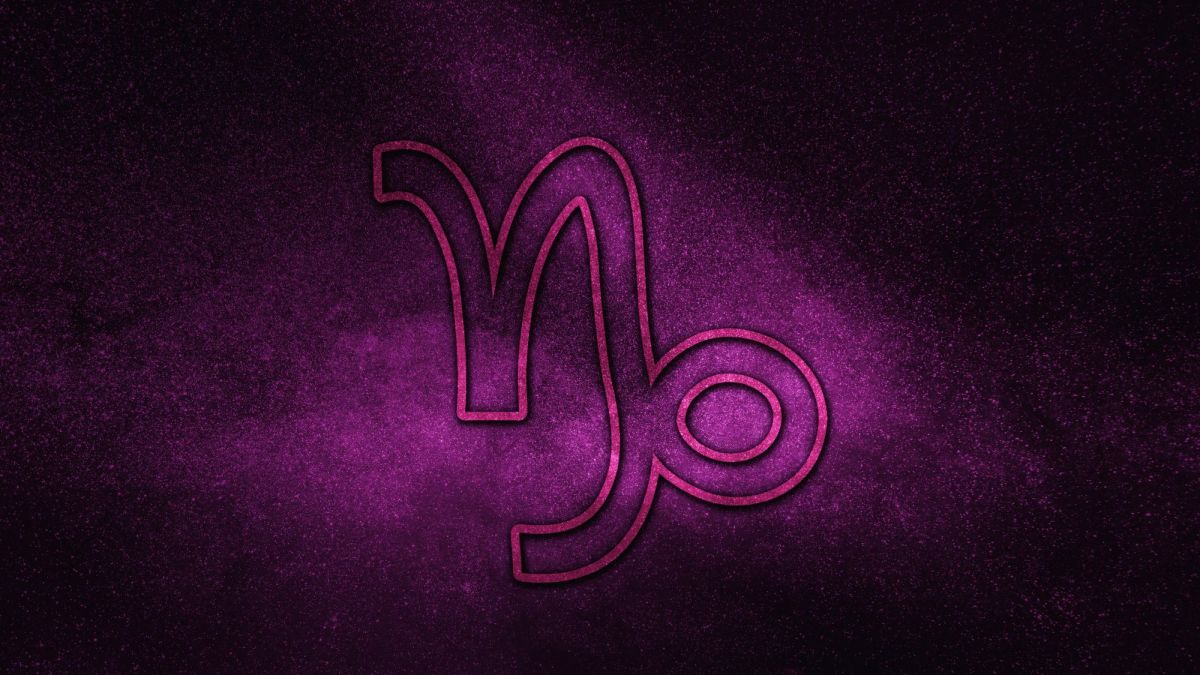Original sin explored

Original Sin
Original sin is a misunderstanding that arises from mankind’s need to explain the apparent cruelty of our god. Our inherent desire to "know" led us to realize that the suffering in the world could not be explained solely through the idea of a loving creator.
A creator, as mankind is by nature, loves its creation and does anything to preserve and protect it. That is perhaps the most basic of our collective survival instincts.
Most of us would stand by our children no matter what they have done against us or against others, and most of us seek help for our errant children if at all possible. Yet the mind set of some people make it possible for them to disown their offspring for minor infractions. This was a much more prevalent attitude in the time of the bible, but it still happens today.
Most of society now considers it a failing in the parent’s character. We now believe that ideally, love transcends transgression. But in the time of the bible, mankind's mind set was quite different from ours.
It is little wonder that we believed god could disown us if we were capable of disowning our own children. The expulsion from Eden is a story of how our god disowned us for a simple transgression which he should have expected.
As we know, people saw the natural patterns of cause and effect and they equated them with punishment or reward. If a natural disaster killed animals or people, it was considered a sign from god that we had displeased him. This was an understandable mistake because we knew that when we were angered we lashed out at the offending party, so we assumed our god did the same.
When the hunt had gone well or it had been a particularly good year for the crops, we took it to be a sign from god that we had pleased him. We rewarded others for bending to our will so we assumed our god did the same. This was obvious. We saw it happen before our eyes in our everyday lives, the evidence seemed clear.
Man's misguided understanding that cause and effect was punishment or reward for some sort of transgression, captured the imagination of the thinkers of the day. They noticed something special about humans that other animals didn't seem to have: The capacity to reason and build upon past experience. That power was considered both a blessing and a curse, as it is today by some. There is a saying that perfectly illustrates the truth of this: Ignorance is bliss.
They assumed that we must have done something very bad to deserve the punishment of day to day life. They also saw that their reasoning was not always correct and it sometimes got them in trouble with cause and effect. Many individuals in all regions of the world pondered this question over millennia. Can we know too much?
The Bible says that man ate the fruit of the tree of the knowledge of good and evil. This was our original sin. This was the transgression man made against god. What does this mean?
It means quite literally that mankind felt that to possess the knowledge of the duality of existence was a sin. We felt that to possess certain knowledge was reason enough to attract the wrath of god, because we assumed that without that knowledge mankind would not kill each other or act in malicious fashion. This is evidenced by the belief that the first murder took place only after we left the Garden of Eden.
We farther assumed that we could never know all the answers to our burning questions, and that to attempt to do so could be construed by our god as an act of ultimate arrogance and treason. Man could not, after all, place himself on the same level as his god any more than he could place himself even on the same level as his king, or master. This is the reason it is said satan was cast out of heaven.
This way of thinking was carried over to our system of belief itself. It is said by some religions, that if a person does not hear the word of god, they will not be cast into hell, but once he has even just been made aware of that knowledge and does not abide by its word, he has committed sin and will parish in eternal hell. It seems we are doing no one a favour by telling them of god. It is knowledge better hidden.
So mankind has come to feel that some knowledge carries ultimate penalties. Now, in a sense this is true. Had mankind not acquired the knowledge of the atom, he would not have been able to create the nuclear bomb. But is it a question of having too much knowledge? Or is it a question of not having enough knowledge on either a practical level and/or an intellectual level?
Clearly, if penicillin had not been discovered most of us would still die from minor infections. On the other hand, we have seen that bacteria have a life, and a veracious survival capability of their own. They too can adapt and they have the capacity to develop immunity to our antibiotics. So again we look for answers and build upon what we already know by developing new strains of antibiotics to combat this effect, and the cycle continues. It seems obvious that in this case it is a lack of knowledge that plagues us and not an overabundance.
We had enough knowledge to create the bomb, but barely enough knowledge not to use it in excess. In fact, nuclear technology has been used only twice as a bomb and we know from that experience that using it again could escalate to spell the destruction of all mankind.
For the moment I leave to speculation what the future will actually bring. But if we continue to have the presence of mind not to destroy our planet, nuclear and related science is and will be a boon to mankind the likes of which we have never seen. It is already indispensable in medicine.
We can see the duality of existence at play here. The potential for ultimate good and the potential for ultimate evil occupying the same space at the same time. To me it is obvious that it is not the over abundance of understanding that is the culprit, but the lack of it. We need to know more.
In the case of the bacteria, is it wise to wipe them out? Is it in our best interest to win the war? What would the effect be if there were no more bacteria? I think we know the answer to that question. We cannot survive without them.
We must allow them to live, and in effect, we must sacrifice some of our people to them for the good of all because they are part of the entire ecosystem. But we must also acquire the knowledge to control them so they do not destroy us. In effect we must find a symbiotic relationship with them. We need more knowledge, not less.
So, as we know, god put the Tree of the knowledge of good and evil in to the garden and forbid his creation from eating of its fruit. Yet it is assumed that he gave them free will, and had already created the protagonist to tempt their free will.
Now if taken literally, we see a problems here. First of all, this powerful tree was put in the garden. WHY? To tempt man to eat from it? To test him? If that is the case we didn't stand a chance because we didn't have the knowledge of good and evil so we did not know that to eat the fruit was wrong.
Oh, Adam and Eve knew that god had told them not to eat, but they didn't have the knowledge to foresee what would happen if they disobeyed that law. God did not spell out the consequences in any way that mankind would have been capable of understanding. Remember that we purportedly had no knowledge of good and evil. We couldn't have because we hadn't eaten from the tree. How could we, then, know wrong from right? What is existence without that knowledge? We would have been less than the beasts in the field, perhaps more akin to vegetable than animal. It all turns out to be a paradox.
One can supposedly not have knowledge of good and evil if one has not eaten from the tree, yet one cannot have free will without that knowledge.
Moreover, one cannot have the knowledge of what the consequences of eating from the tree will be until he does, and then it s too late.
The so called gift of free will itself seems to be the eating of the fruit. Without it, we have no choices. With the knowledge of good and evil we have an invitation to explore cause and effect. So in effect, we inadvertently took free will when we ate of the tree, it was not given to us. (Biblically speaking) We took it.
People have said that god gave us free will because he did not want robots I'm not sure where this catch phrase comes from, but every born again Christian spouts it as if they know it to be very important somehow. If free will is only so we can worship god freely or choose between him and satan as so many fundamentalists tell us then it would be better to be robots.
Robots is exactly what he wants. He did not want us to eat of the tree of knowledge. He dais it would make us like them, like gods. He gave an animal a command and expected it to obey without question and when it did not he punished it for taking the ability to reason between good and evil, right and wrong. It’s the same thing. If you don’t what wrong is how do you know it is wrong to do something?
God seems to want exactly robots. Love me, worship me, do it because you want to, or go to hell. That is the extent of what the bible teaches about god and what he wants.
Without the knowledge of good and evil, or: The knowledge of the duality of existence, we would have no free will. So did this god give us free will or did we take it by eating of the tree?
If god intended man to have that knowledge all along, then he gave us free will. But if he didn't, then free will is an effect of eating of the tree. If god wanted us to have free will, can it then have been a sin against god to do gods bidding? Did god want us to have free will? Did he want us to commit the ultimate sin?
Omnipotence becomes the question again. Surely if he were, he would have had foreknowledge of what was about to take place. If god did have foreknowledge than, again, he knew man would eat the fruit and he chose not to do anything about it; or could do nothing about it.
Yet it is said that he was so angry when the event took place that he punished man with the expulsion from the Garden of Eden, and the cursing of mankind and all its generations to a life of suffering.
His wrath seems excessive if he knew what would happen in advance. If he were omnipotent he would have known what would happen even before he created man or satan. He would have known before he said: "let there be light"
His anger seems misplaced and contrived if he engineered the whole thing in the first place, which is what the evidence points to if you are Christian and believe in god.
If we give god the credit for creation then he must also take the blame, the two go hand in hand. He cannot be blameless if he is omnipotent. Has god then sinned against man? If you wish to make the case that god cannot sin because it is only he that has the preview to define sin, then a more fitting question would be: Has god committed crimes against humanity?
So it would seem, if the story of Adam and Eve were true. A god should have known better than to put a snake in the playpen.
But let’s look at this logically, mankind did not have the knowledge that was required to sin. That Knowledge is foreknowledge and understanding, and this is by god's own criteria. Remember that foreknowledge and understanding, and the disregard for it, is the criteria for sin.
Even if god told us not to eat from the tree, that only gave us a certain knowledge. But since we had not yet eaten of the tree we did not have the understanding that is required for a sin to take place. We forget that the knowledge of good and evil means we did not have the knowledge of good either, and that is perhaps the most important revelation in this case.
Our emphasis is always on the word "Evil," when referring to the tree. But we forget that "good" could not have been part of our knowledge base before we ate of the tree, either.
Even we don't send animals to prison, or execute the insane or mentally deficient for crimes committed against us. You must understand that you have committed a crime and the meaning of the punishment for the punishment to be effective and fair. Otherwise it is malicious.
God's punishment was malicious considering the fact that we were completely ignorant of everything. We had no knowledge at all of right and wrong.
Now, it is said that god made us perfect, but we sinned and therefore lost the right to be perfect. But that implies that we were not perfect in the first place, for if we were, we could not sin. The ability to sin is an imperfection. Who would have built that into us?
Had Eve been perfect, she would have seen through the snake’s ruse. If Adam had been perfect he would have seen what Eve was up to. He would have then refused to eat of the fruit. These were not perfect people from the beginning. They do not suddenly turn ignorant of the facts, they were never clued in
But rejoice. All it takes these days to be forgiven original sin is to be baptized. Once baptized you can forget about original sin and concentrate on being forgiven for little ones you apparently commit every day. If you need immunization I suggest the nearest Catholic Church. At least they don’t drown you and your set for life.
Ancient man did not think this story through. He didn't have the tools needed for the task, and as a consequence we have lived with misplaced guilt for centuries.
We ate of no tree. In reality, what has happened is that the mind of mankind has created a story that tells of how we first came to consciousness, and how we saw it as both a blessing and a curse. But it is only a metaphor. Man buries its head in the sand and says, "What I don't know won't hurt me. What I do know, might."
I tend to think of that as being a rather backward approach. What you do not know, might hurt you. But what you do know, you can often do something about.









